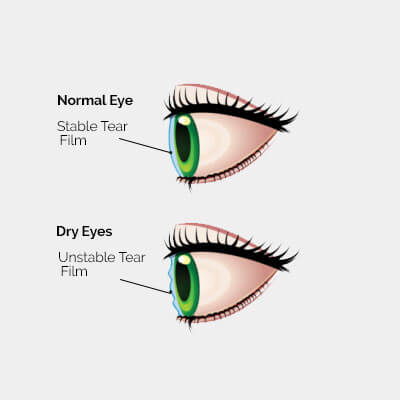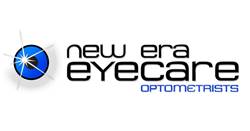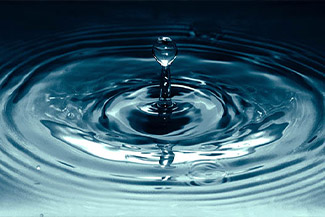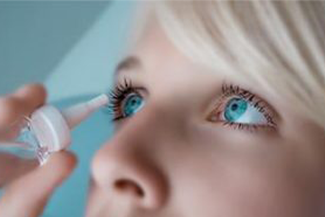Do You Suffer From Dry Eye?
Do you have teary or watery eyes?
Burning, itchiness, or a sandy feeling around your eyelids?
Constantly rubbing your eyes in the morning or after working on the computer?
You might have dry eye syndrome. Contact us for effective and lasting treatment.
What Is Dry Eye Syndrome? (DES)

Our eyes need tears to nourish, sustain and lubricate our eyes. Dry Eye Syndrome (DES), which is usually caused by insufficient tears or poor quality tears, leaves our eyes parched. This results in a variety of unpleasant symptoms, such as itchy, red, and sore eyes.
Many people suffer from this chronic syndrome without realizing that it can permanently harm their eyes. Because this is a progressive condition, it is critical to get treatment before symptoms progress to the point that it harms the cornea. Without treatment or proper medication, DES often worsens over time.
What Causes Dry Eyes?
While over eighty percent (80%) of dry eye cases are due to blocked oil glands in the eyelids — a condition called meibomian gland dysfunction or evaporative dry eye – many other factors can cause this syndrome. These include:
Gender: The majority of dry eye sufferers are women. This tends to be caused by hormonal changes, whether through the use of contraceptives, pregnancy or menopause.
Age: DES is more prevalent in those over 50 years of age.
Environment: Dry wind, dry air and dry climates can evaporate the tears. Home and car heaters, air conditioners, fans and hair dryers also cause tears to evaporate.
Medication: These include antidepressants, decongestants and blood pressure medications.
Auto-immune disorders: Sjogren’s disease and arthritis, among others.

How Do I Know If I Have Dry Eye Syndrome?
Do any of these symptoms seem familiar?
- Gritty, itchy, or stinging eyes
- Excessive tearing and discharge
- Eyes that feel tired or dry
- Increased light sensitivity
- Regularly using eye drops
- Discomfort that worsens as the day progresses
Suffering from dry eye syndrome not only diminishes your quality of life but also makes daily activities such as reading, doing sports, or driving a struggle.
Think you have dry eye syndrome? Get to the root of your eye discomfort by contacting us today.

What Others Are Saying About Us

Lasting & Effective Dry Eye Treatment
Our dry eye program works like therapy, where we aren't simply prescribing a quick medication, but rather we want to create an individualized solution for each patient. Before administering any treatment, we need to get to the root cause to offer the most appropriate treatment.
Because of the variety of treatments that can help relieve dry eye symptoms, a dry eye examination is essential to know what treatment to start. For example, prescription drops like Restasis or Xiidra may help relieve inflammatory tear deficiency, while mild cases of dry eye can benefit from non-prescription treatments including heat masks, lid scrubs, gland debridement, artificial tears, or punctal plugs among others.
Learn More about Dry Eye Syndrome | FAQ
While nearly every eye doctor provides dry eye services, making the decision to find a dry eye professional that much more difficult, we encourage you to contact us for a phone consultation.
We’re happy to share with you information about our dry eye program, and the type of results we’ve provided other patients for significant lasting improvements within a relatively short period. Contact us to find out how we can help relieve your dry eye symptoms and start managing your eye health successfully, today.









